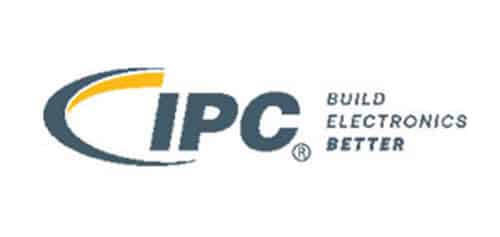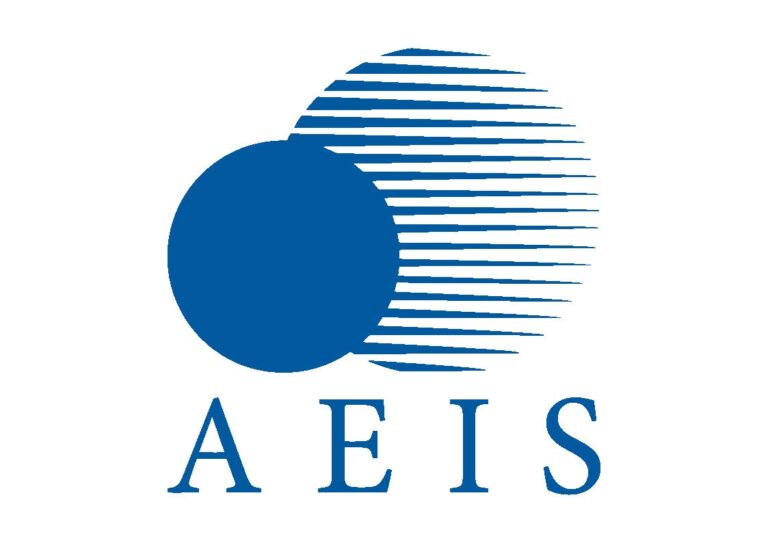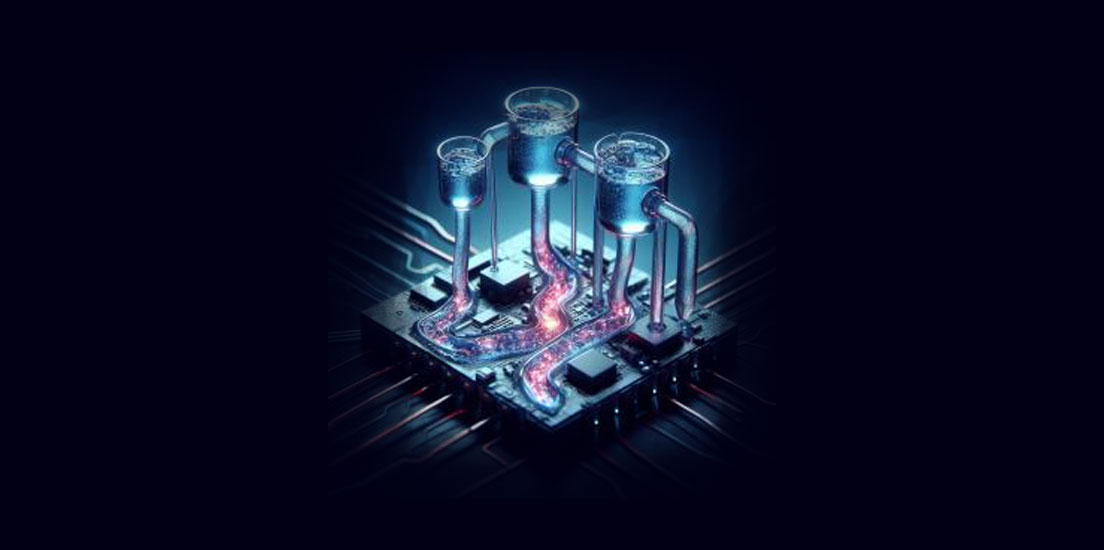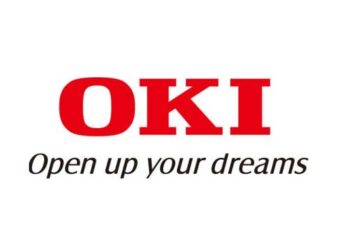ConScience AB, a Gothenburg-based company, has recently obtained significant funding totaling 10MSEK for advancing nanofluidic imaging technology and neuromorphic computing systems through collaborative projects.
In collaboration with Chalmers spin-out Envue Technologies AB, ConScience is spearheading the development of Nanofluidic Scattering Microscopy (NSM) technology. This project centers on designing and fabricating nanofluidic chips essential for NSM detection methodology. The initiative aims to create a single-molecule nanofluidic device prototype, validated and demonstrated alongside users in an industrially relevant setting.
ConScience has a history of deeply engaging in microfluidic and nanofluidic applications, providing custom-designed systems and molds for biological research and fundamental polymer science. Their expertise lies in custom-designed nanofluidic chips, typically made of biocompatible materials such as glass, fused silica, and glass-silicon composites, boasting high resistance to harsh environmental conditions.
Envue Technologies leads this endeavor, leveraging nanofluidic chips as miniature optical sensors combined with advanced light illumination and data analysis. Their patented innovation enables the estimation of biomolecule mass and size without the need for complex label modifications or surface chemistry alterations. The technology is poised to revolutionize bioanalysis by swiftly measuring biomolecules like proteins, DNA, RNA, and exosomes with enhanced reliability and efficacy.
The other grant focuses on neuromorphic computing, aiming to create artificial neurons for micro and nanoelectronics. This collaborative effort between KTH and ConScience AB seeks to pioneer the development of photonic neuromorphic computing systems on a Lithium Niobate on Insulator (LNOI) platform. This approach intends to surpass the limitations of traditional Silicon-based technologies by employing integrated photonic, stochastic, and neuromorphic computing methodologies.
Joachim Fritzsche, CEO of ConScience AB, expressed enthusiasm for expanding their portfolio of advanced microfluidics and computing technologies through Vinnova’s continued support.
Ellen Andreasson, CEO of Envue Technologies AB, highlighted the collaborative grant’s significance in accelerating the development of Nanofluidic Scattering Microscopy, acknowledging ConScience AB’s expertise and insights in nanofluidic fabrication.










